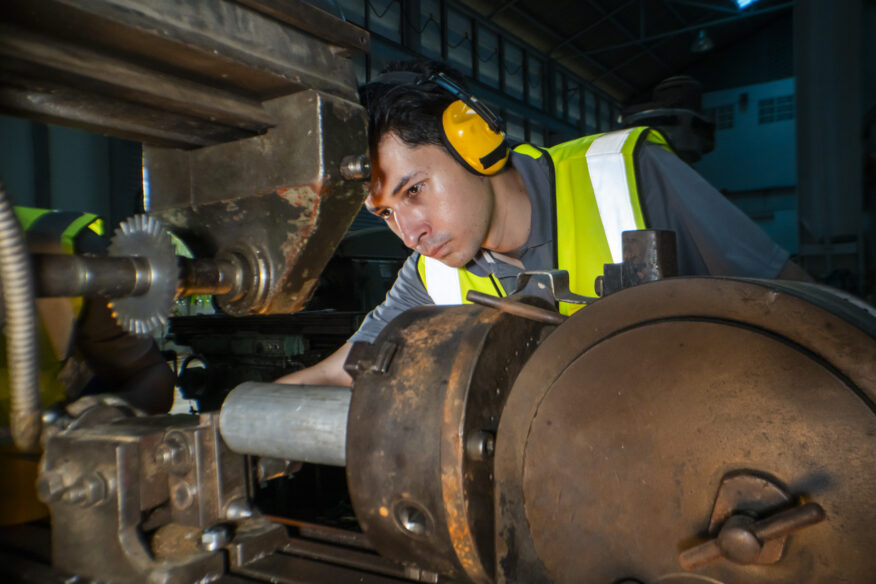
Buying or selling property in Newcastle isn’t just about signing a contract and swapping keys. There’s real legal risk involved, and mistakes can cost you time, money, or worse—your rights.
A good conveyancing lawyer will do more than tick boxes. They’ll review contracts, check title boundaries, handle searches, ensure regulatory compliance, and coordinate with banks and brokers. If you’re selling, they’ll aim to make sure your contract is watertight. If you’re buying, they’ll endeavour to find any hidden problems before you’re locked in.
Purchasing in Newcastle brings its own quirks – with a mix of titles (Torrens, Strata, and Old System), zoning, coastal impacts, and heritage restrictions to be considered. This isn’t the time to cut corners. Whether you’re buying your first home, downsizing, or selling an investment, having a local conveyancing lawyer who understands the local terrain gives you real peace of mind, and can save you from nasty surprises.
Key Conveyancing Services
Here’s what to expect from a conveyancer who knows this market inside and out:
- Buying and Selling Property: Whether you’re purchasing your first home or offloading an investment, your lawyer should steer you through contract prep or review, negotiation, disclosure obligations, and settlement. No guesswork, just clear steps and firm deadlines.
- Contract Review: Before you sign anything, get it reviewed. A local conveyancer will spot clauses that don’t work in your favour (or outright risk your interests) and make sure the contract lines up with what you’ve been told verbally.
- Title Searches: Your lawyer will run the right checks to confirm ownership, easements, restrictions, and shared property responsibilities.
- Finance coordination: If you’ve got finance involved, the right legal team will keep your lender, broker, and bank documentation aligned with your property timeline. No one wants to miss settlement because of a paperwork delay.
For first home buyers, the advice can be even more crucial. You don’t know what you don’t know yet. Whitelaw McDonald Lawyers will guide you without the fluff, explain things in plain English, and always aim to shield you from mistakes that might not become apparent until some years later.
Step-by-Step Conveyancing Process Explained
The conveyancing process in Newcastle runs on a tight, structured timeline. Miss a step or gloss over a detail, and you could be facing delays, legal issues, or unexpected costs. Here’s how it works:
- The contract
If you’re selling, your lawyer prepares the contract of sale. If you’re buying, your lawyer reviews it before you sign. This is where dodgy clauses, hidden costs, and incorrect property details get flagged (or missed, if you’re not paying attention).
- Due Diligence and Searches
For Newcastle properties, proper due diligence means checking the title, zoning, coastal or heritage restrictions, easements and covenants. Your lawyer should explain what each search means for your rights as a buyer or obligations as a seller.
- Exchange of Contracts
Once everyone’s agreed on terms, contracts are signed and dated. At this point, the deal is legally binding. A good lawyer confirms all conditions are in place—nothing left vague or assumed.
- Pre-Settlement
Your lawyer handles transfer documents, settlement figures, and finance coordination. Buyers also arrange insurance and a final inspection. Sellers need to confirm vacant possession and remove any deal-breaking fixtures.
- Settlement and Post-Settlement
Money changes hands, title is transferred, and the buyer officially owns the property. A qualified conveyancer will also manage registration with the Titles Office, adjust council and water rates, and notify authorities like Revenue NSW.
Watch for these common tripwires:
- Clauses that give the other side too much power
- Missing easements or restrictions tied to old title systems
- Settlement delays due to last-minute finance issues
- Misunderstanding strata responsibilities in multi-unit properties.
If your conveyancer isn’t walking you through each stage in plain terms, find one who will.
Why Engaging a Local Newcastle Conveyancing Lawyer Matters
You can’t fake local knowledge, and when it comes to property law in Newcastle, being local counts for more than you think.
The best conveyancing lawyers live and breathe the area. They know how coastal conditions impact zoning. They’ve dealt with council quirks before, and they’ve flagged the right easements in Strata contracts more times than they’d like to count.
That familiarity saves you time, stress, and potential cost. A lawyer from outside the region might miss nuances specific to Newcastle. You don’t want to be their learning experience. A local conveyancer can spot issues others gloss over, translate contract fine print into real-life impact, and tell you when something’s off.
Communication makes the difference too. You need someone you can actually reach, who caps their legal jargon, gives straight answers, and keeps you informed from contract to keys. The right local lawyer isn’t just technically sharp. They’re in sync with how things happen in practice.
Tips for Choosing the Right Conveyancing Lawyer
Don’t just Google the cheapest option and hope for the best. Choosing the right conveyancing lawyer can be the difference between a smooth settlement or a legal and financial headache. Here’s how to filter the right fit from the noise:
- Start with clear communication. If they can’t explain your contract without confusing you, move on. You want straight answers, simple language, and regular updates without chasing them down.
- Speed matters, too. Property deals move fast. Delayed responses can blow deadlines and cost you money. Ask how they handle urgent matters and convey your expectations as to how much contact you expect from them throughout the process.
- Support during the process counts. Will they take your call when a problem pops up the day before settlement? Do they walk first-timers through each stage or just send PDFs and wish you luck?
In your first conversation, ask:
- What is your experience with properties in my suburb?
- How do you manage urgent deadlines?
- What’s included in your fixed fee, and what’s extra?
This isn’t a box-ticking exercise. You’re trusting someone with one of the biggest financial moves of your life. Choose like it matters, because it does.


